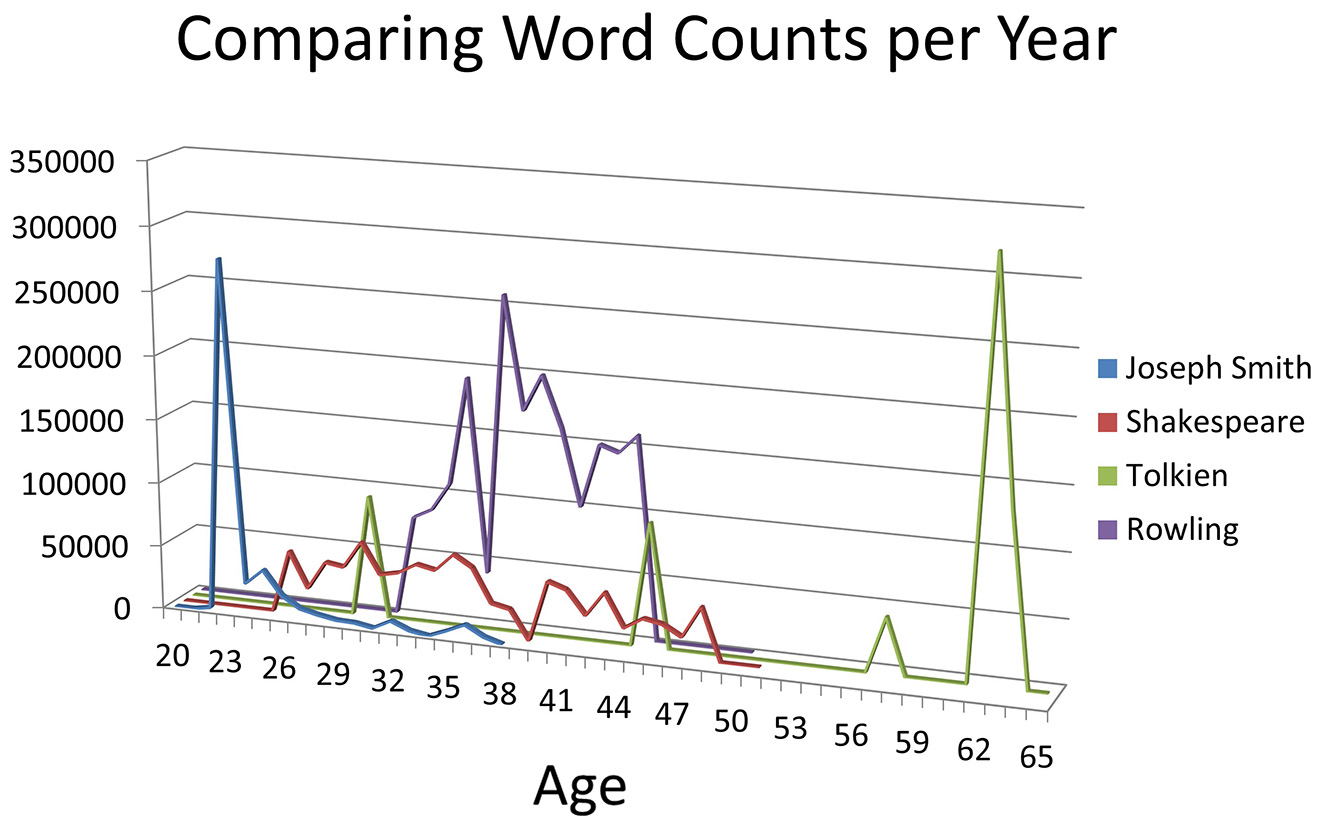Hardy's book was sheer genius in my opinion, but not for reasons that most people would agree with or appreciate.This was one person’s view. I’m bringing this book to the attention of those that may not have read it. For me, at the time I read it, it simply opened up my understanding to the fact that if Joseph Smith wrote the Book of Mormon (Vogel et al) then he was an absolute genius
As BYU and the Church faded in my rearview mirror, I became convinced postmodernism was the last hope. I inquired with certain professors who were knee deep setting the stage for that, but I was shot down. Maybe I was too obvious about it, and besides, they didn't know me. But, years later, it was gratifying to see that my instincts proved correct. While much of the scene has been predictable, Hardy's book blew me away. Definitely jealous that he thought of it and I didn't, and I never would have.
One of the challenges to bringing in postmodernism, which is usually brought with nothing but the ham-fisted objective of relativism to make religion unfalsifiable, is that so much of postmodernism is subversive, and particularly subversive regarding texts. The Book of Mormon, even if it's a marginal book, is written from the grandiose BDE male point of view. It's a sitting duck for deconstruction. An example of that kind of analysis, what folks like Hardy and the new MI crowd will call a "close reading", would be reading Paradise Lost from the perspective of Satan, and show how God ultimately props himself up by all of Satan's tricks. It's hard to imagine how this tradition of basically craping on sacred texts (not to mention the association with radical leftism) could benefit the Church. Is securing relativism worth the price tag?
But Hardy knocked it out of the park. He owned it. The iconic example is Moroni -- Moroni becomes a war criminal and a murderer, he turns heel but heels are now cool. At the time I read through Hardy's book at Barnes and Noble, I was watching The Shield, and I realized how Hardy had totally owned me. The Shield was a deconstruction of cop narratives that's sympathetic to Vic Mackey, the protagonist and negative hero. You know he's bad, but you're on his side. The plot is twisty and intricate. The story is interesting (to a point). And that's what Hardy did (attempted) with the Book of Mormon. The payoff of making good guys not so good and bad guys not so bad is the same as it is with television. More interesting, complex story. The Book of Mormon loses innocence, but now it's complex, and if it's complex, how could Joseph have invented it?
Unfortunately, I can answer Hardy on that one. "Close reading" in his circles in my opinion is really "inventive reading". You can do that with the Little Engine that Could. In this case, it's not that Joseph Smith is brilliant, it's that Hardy is brilliant.
